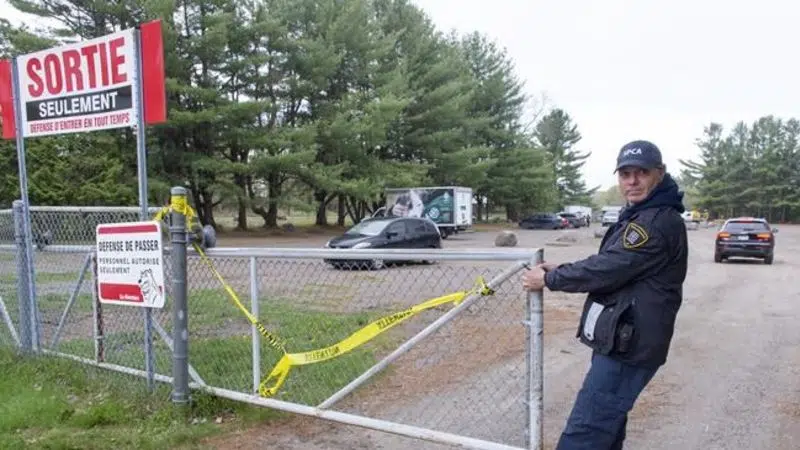
Details emerge of alleged abuse at now-shuttered Quebec roadside zoo
MONTREAL — The animals in a small Quebec zoo at the heart of an animal cruelty investigation were allegedly malnourished and lacked adequate space, water and veterinary care, according to newly released court documents.
The documents, which were filed in May in order to obtain a warrant, provide a detailed picture of the investigation which led to the seizure of over 100 animals from the St-Edouard Zoo and the arrest of its owner on charges of criminal animal cruelty and neglect.
The document relies on previous veterinary reports on the animals as well as the observations of SPCA investigators and a vet during two visits by the SPCA in 2018.
During a visit last October, the investigators found the animals had no access to water, their enclosures were sometimes too small, dirty and dangerous, they were given inappropriate food and they were deprived of veterinary care.


